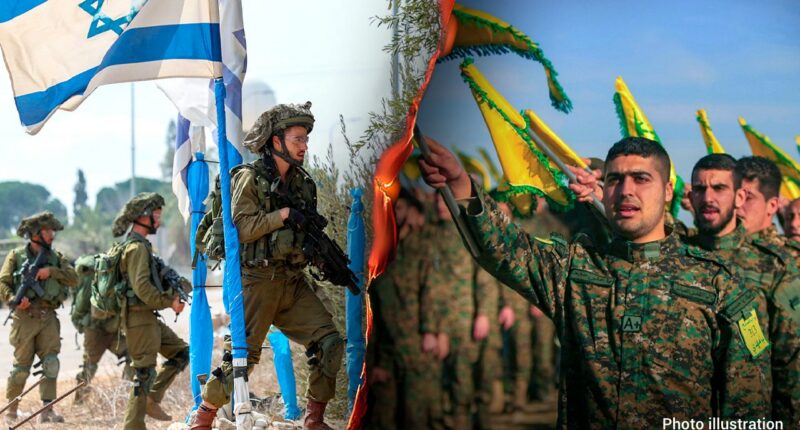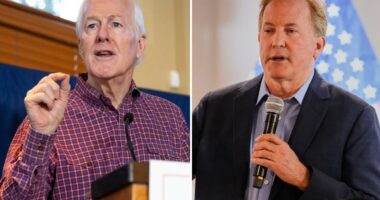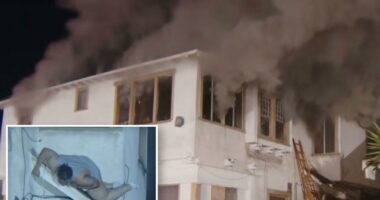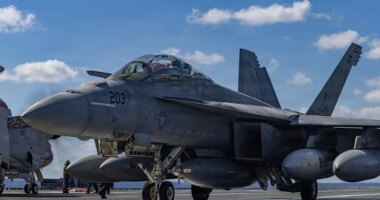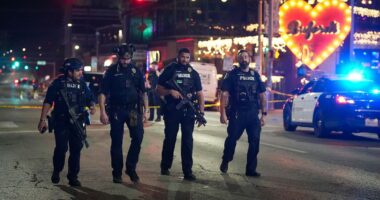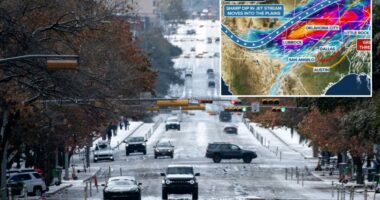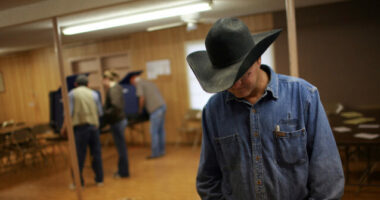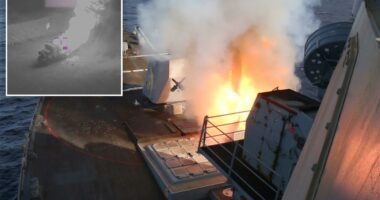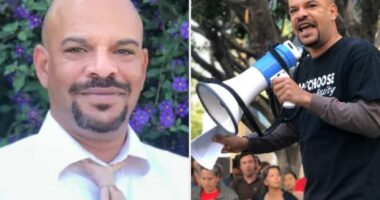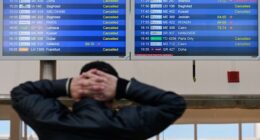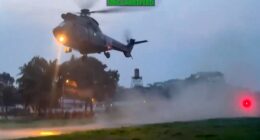Share this @internewscast.com
In light of Hezbollah’s ongoing military build-up and Lebanon’s alleged non-compliance with last year’s ceasefire agreement, Israel’s Defense Minister has issued a stern warning to Beirut.
On Sunday, Defense Minister Israel Katz expressed concerns, stating, “Hezbollah is engaging in dangerous activities, and the president of Lebanon is not acting decisively.” He emphasized, “The Lebanese government must fulfill its obligation to disband Hezbollah’s arsenal and ensure its removal from southern Lebanon. We are committed to intensifying enforcement and will not permit any threat to the northern residents.”
This warning coincides with information obtained by Fox News Digital, indicating that the Israel Defense Forces (IDF) are considering expanding operations against the Iran-supported militia due to ongoing breaches of the ceasefire.
In an exclusive interview with Fox News Digital, a senior IDF officer stationed on the northern frontier disclosed that Hezbollah continues to be well-armed and supported financially by Iran.
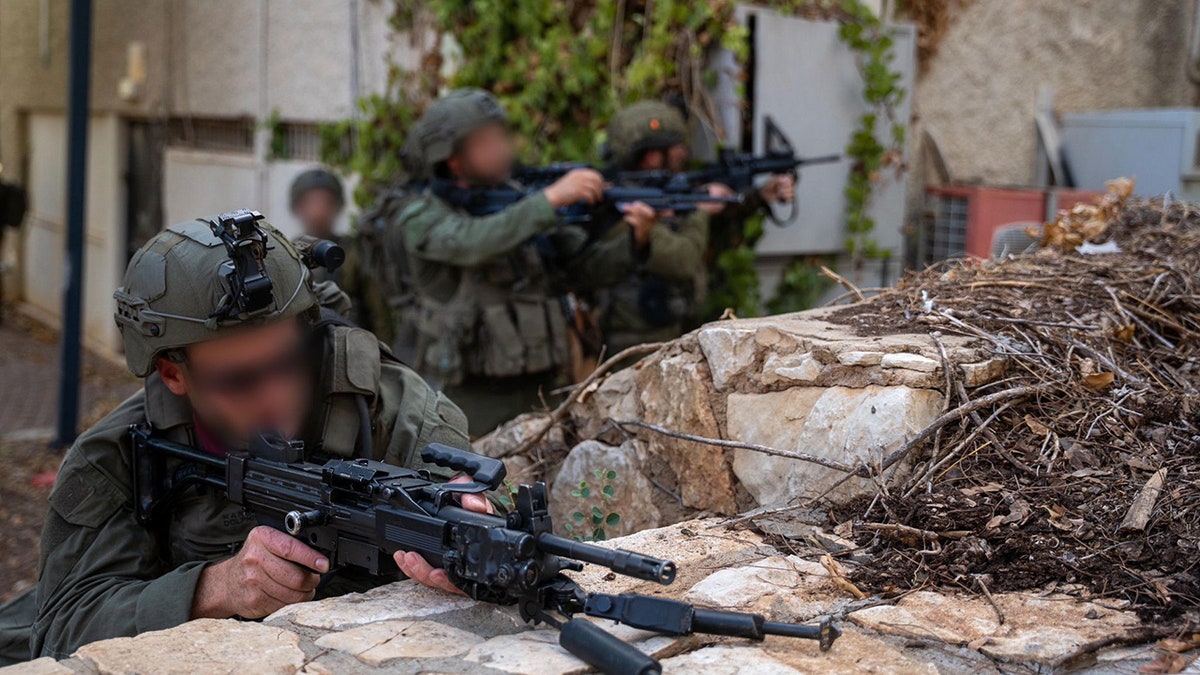
“Hezbollah hasn’t relinquished their heavy weaponry,” the officer remarked. “They remain trained, financially backed by Iran, and are working to regain their foothold. Our mission is to prevent their success.”
“Hezbollah didn’t give up their heavy weapons,” the officer said. “They’re still trained, still financed by Iran, and still trying to re-establish their positions. Our job is to make sure they don’t succeed.”
On Monday, the IDF confirmed it had killed two Hezbollah commanders in southern Lebanon. Muhammad Ali Hadid, a senior member of Hezbollah’s elite Radwan Force, was eliminated in Nabatieh, while another operative was struck in Ayta ash Shab after being seen collecting intelligence on Israeli positions.
“The terrorists’ activities violated the understandings between Israel and Lebanon,” the IDF said in a statement. “The IDF will continue to operate to remove any threat to the State of Israel.”
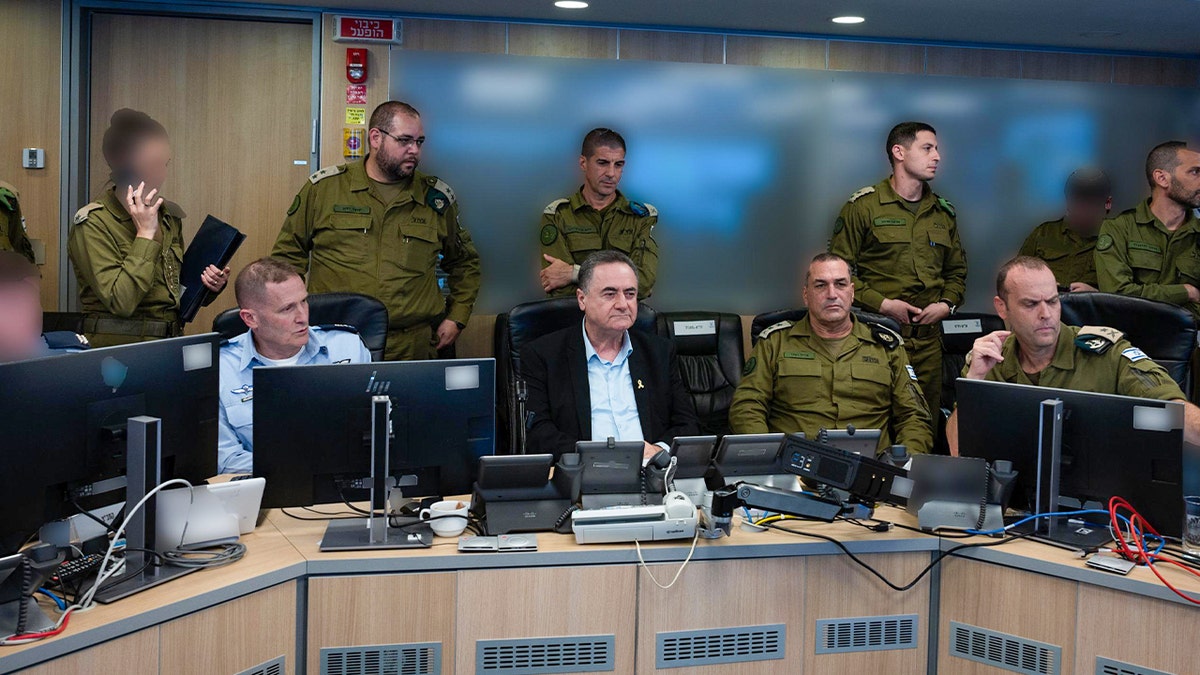
Israeli Defense Minister Israel Katz and IDF Chief of Staff Lt. Gen. Eyal Zamir watch as the IDF carries out strikes on Houthi targets in Yemen. (Ministry of Defense)
The senior officer said the operations reflect Israel’s new, proactive security doctrine. “If somebody threatens us, we take control of the situation and make the threat go away,” he said. “We pushed Hezbollah back, so civilians could return. Now we’re fortifying those gains and acting to prevent their recovery.”
That, he added, is the lesson Israel learned from Oct. 7. “Until then, we sometimes looked the other way. That’s over. We’re not sitting and waiting for the next rocket.”
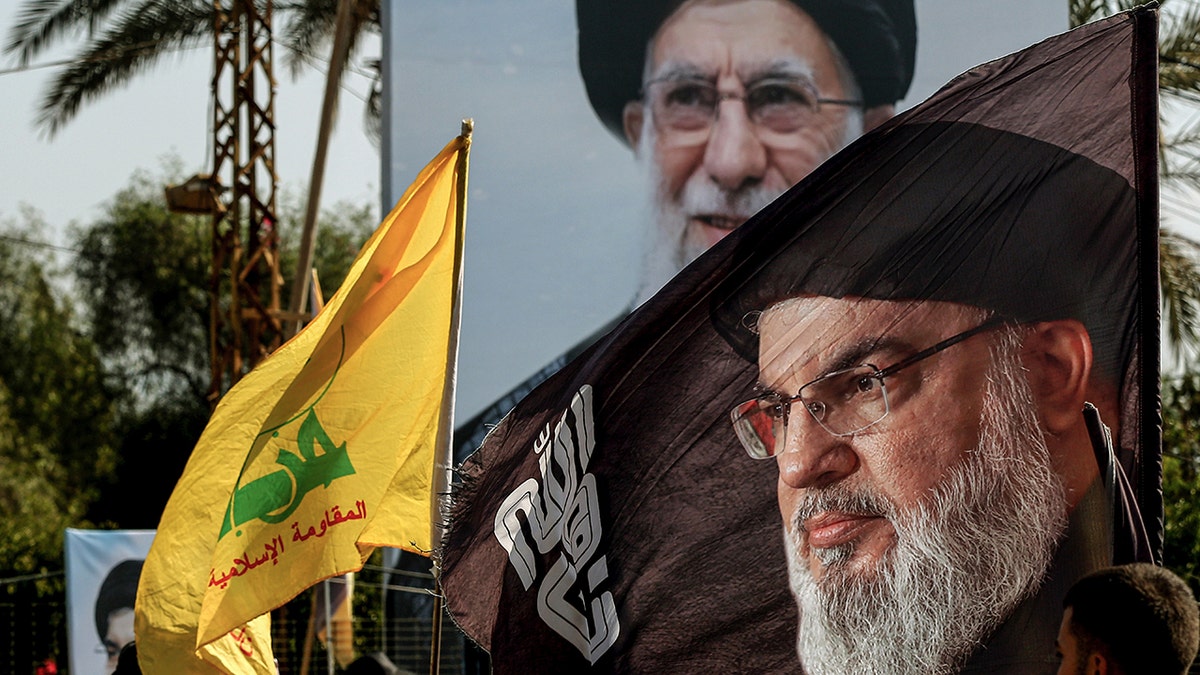
A flag bearing the picture of assassinated pro-Iranian Hezbollah leader Hassan Nasrallah flutters in front of a picture of Iranian Supreme Leader Ali Khamenei during a ceremony marking the first anniversary of Nasrallah’s assassination in an Israeli airstrike at his grave in Beirut. Beirut, Lebanon, Sept. 27, 2025. (Marwan Naamani/picture-alliance/dpa/AP Images)
The officer said the IDF’s 91st Division recently completed its largest exercise since the start of the war, designed to strengthen operational readiness for both defense and offensive operations along the Lebanese border — at sea, in the air, and on land.
“We tested our defensive systems, coordination, and rapid-response capabilities,” he said. “We’re applying every lesson from Oct. 7 so our response next time will be immediate.”
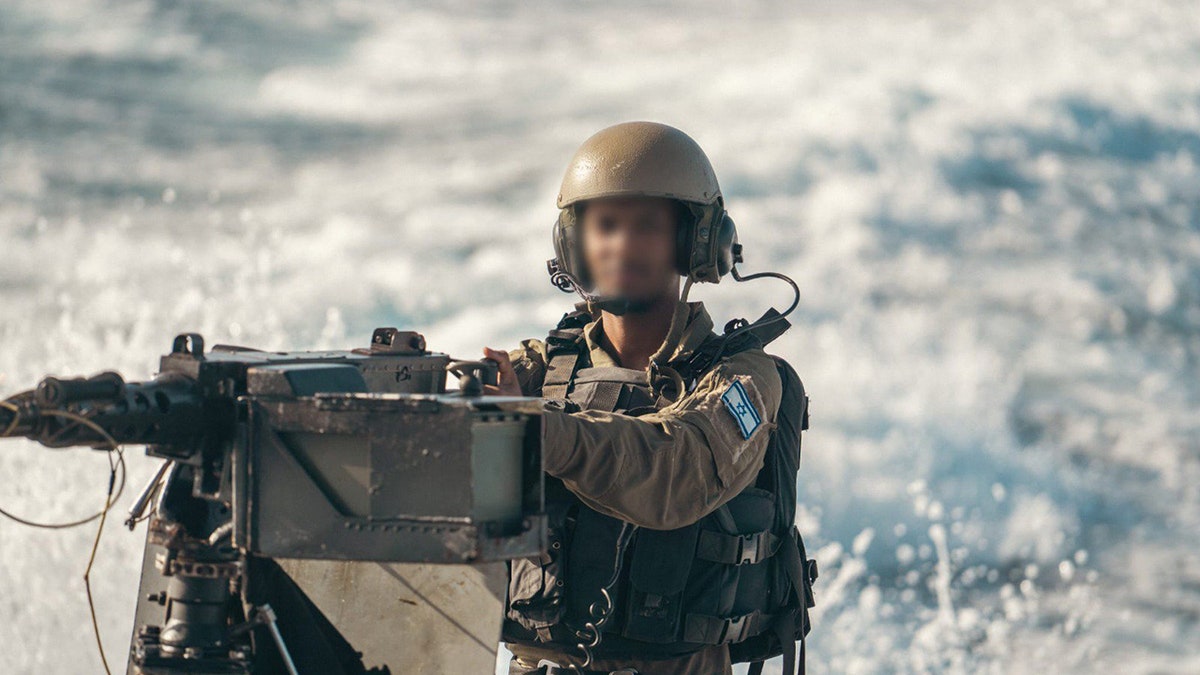
Israeli soldiers take part in an IDF exercise to enhance operational readiness along the Lebanon border in Oct. 2025 (IDF)
According to Israel’s Haaretz newspaper, intelligence officials believe Hezbollah is rapidly rebuilding its arsenal with Iranian assistance. The group has partially restored its weapons supply chain through Syria and Iraq, despite disruptions following the collapse of the Assad regime last year.
The Trump administration has also expressed frustration over Beirut’s failure to curb Hezbollah. U.S. Special Envoy Thomas Barrack recently described Lebanon as “a failed state” because of its “paralyzed government,” and that Hezbollah pays its fighters more than the national army soldiers earns.
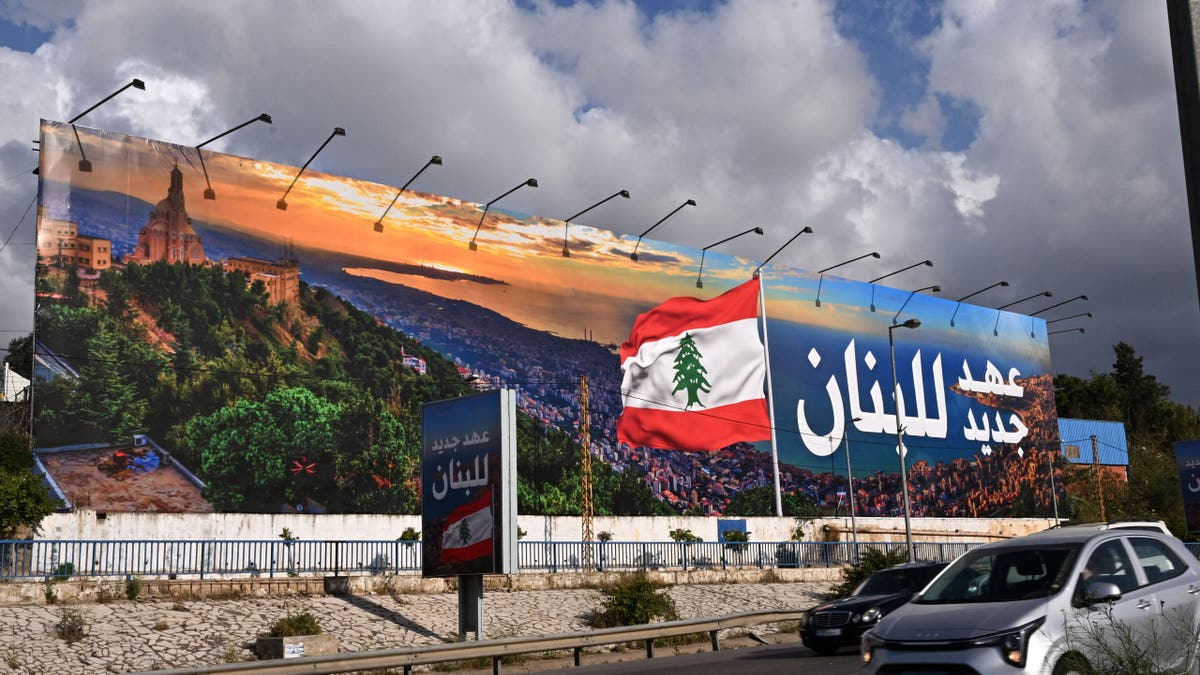
Commuters drive past a newly-installed billboard bearing the image of a Lebanese flag and a statement that reads in Arabic “Lebanon a new era”, replacing a Hezbollah billboard, on the road leading to Beirut’s Rafic Hariri International airport on April 10, 2025. (Photo by Joseph Eid/AFP via Getty Images)
Responding to Israel’s preemptive strikes last week, Lebanese Foreign Minister Youssef Raggi urged his visiting German counterpart on Friday to “help pressure Israel to halt its attacks.”
“Only a diplomatic solution, not a military one, can ensure stability and maintain calm in the south,” Raggi said, according to Lebanon’s National News Agency (NNA).
He added that the Lebanese government “is gradually moving forward with its decision to bring all weapons under state control.”
The United Nations Interim Force in Lebanon (UNIFIL) on Thursday voiced “deep concerns”, urging all parties “to fully commit to the cessation of hostilities.”
UNIFIL added that it remains in contact with the Lebanese Armed Forces and emphasized that extending state authority “is at the very core of Resolution 1701.”
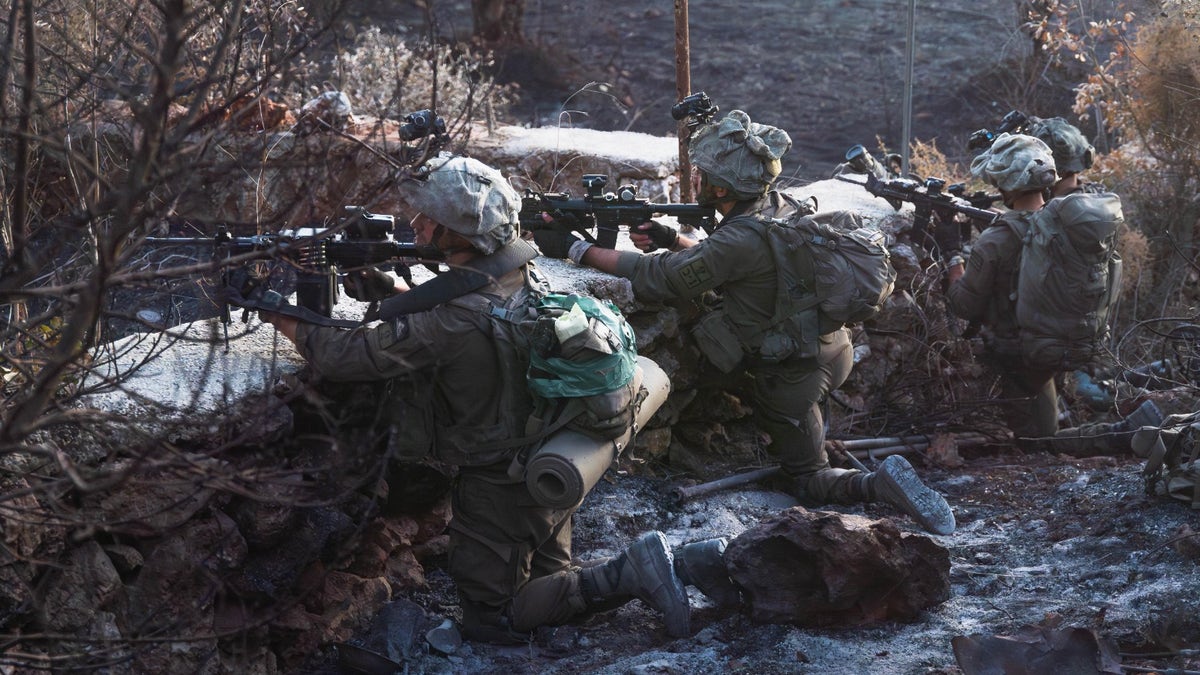
IDF troops fighting Hezbollah terrorists in southern Lebanon. (IDF Spokesman’s Unit.)
Despite diplomatic criticism, Israeli commanders insist they will not allow Hezbollah to rebuild.
“We won’t wait for another Oct. 7,” the Israeli officer said. “We’re vigilant, we’re rebuilding, and we’re ready. The quiet we have now depends on Hezbollah’s choices — not on our willingness to defend ourselves.”
